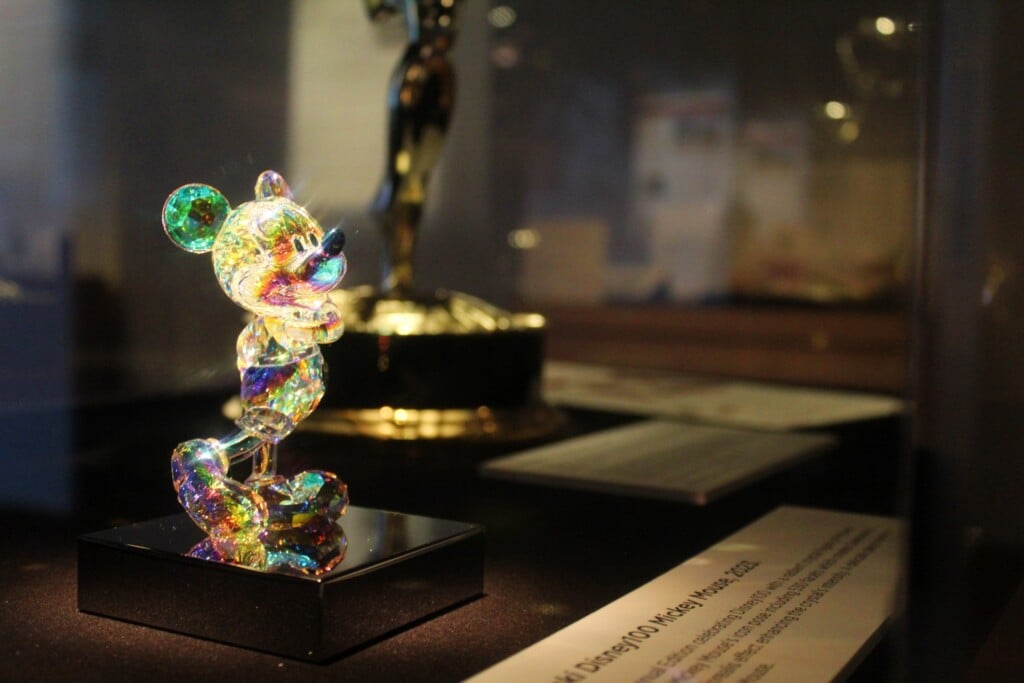Bungle in the Jungle
The director of the Unicorn Theatre’s Mud, River, Stone, Darryl V. Jones, writes in a program insert that his life has been “a collage of contradictions.” He says that, though born black, he has been told that he “doesn’t sound black” and, perhaps most confusing, that he is “black, but not black enough.” So it’s understandable that Jones has sought artistic confirmation in Lynn Nottage’s play. In it, a buppie husband and wife from New York who’ve heard similar charges visit Africa with the intent of finding in its beauty and brutality some kind of defense.
The production, however, is a lesson in how to abort such rich potential. When Nottage writes such crummy lines as “We never breathe to look inward,” it’s hard to get too absorbed in the couple’s story. Walter Coppage and Cecilia Belser Aderonke, who play David and Sarah Bradley, compound the problem by seeming to carry their characters in a gift bag too pretty to touch; they’re false where they need to be true and never transcend Nottage’s contrivances.
Sarah is an investment banker and David a lauded music journalist. They’re rich and in love, and their disposable income allows them to supply dinner parties with humorous tales of flagrant island hopping. When they decide that Africa is calling, in sharp contrast to how most prissy travelers plan everything down to making sure they have their broker’s phone number, they take off in leisure wear without a real plan. Torrential rains force them into a hotel in a remote, unstable region that is, according to the program, “perhaps Mozambique, perhaps not.” Perhaps the playwright should nail it down if the play is going to be anything other than a sitcom laced with blood.
The hotel is eerily deserted (and impressively designed by Atif Rome) except for a white man in khaki, Mr. Blake (Michael Linsley Rapport), and a black hotel employee, Joaquim (Stephen Moore), who serves as valet, concierge and bartender. A Godot-like proprietor whom everyone expects to arrive any minute never appears, while the Bradleys join Blake for martinis. And with each drink his guests consume, Joaquim seems to grow more irritated with some vague unrest among his unseen countrymen.
The rains continue, forcing into the equation two more shelter seekers: Ama Cyllah (Lisa Louise Langford), a Nigerian aid worker, and Neibert (Brian Paulette), a white guy of Belgian extraction who is dressed in tribal regalia. Their relationship is never explained — they just happen to show up as symbols onto which Nottage has pinned some more thoughts. All the pieces are now in play for Joaquim to take them hostage.
The play is said to be based on a real incident in which United Nations workers were apprehended and held to some demands that were sad in their simplicity: a few blankets and some grain. Joaquim’s demands are less grand — he wants grain as well but only one blanket, for his mother. He swings around a gun for much of the rest of the play, alternately ignoring his hostages or forcing them to do humiliating deep knee bends. (Sarah Bradley’s biggest concern is what the incident is doing to her expensive shoes.) When a mediator (Jennifer Aguilar) arrives by helicopter, the playwright asks us to believe that the world’s attention is riveted on this minicrisis involving a couple of locals, a kooky Belgian and two jaded tourists. It is almost perversely fascinating — without being particularly entertaining — to watch issues of race and patronage become trite.
Near the end there’s a scene where Nottage and director Jones get inspired. Joaquim’s rage at his captives is waning and, in a moment of repose, his weary mind causes his body to perform a native dance. He’s joined by all of the black characters, and the combination of sound (Glen Dunzweiler) and lighting (Jeffrey Cady) produces a brief moment of poetry. There’s not a word of dialogue, but it’s the only moment in the play that provokes the feelings Nottage struggles throughout to invent.
Coppage and Belser Aderonke have been up to many challenges in prior performances, which makes their phony acting here all the more curious. Jones deserves part of the blame for allowing them to preen and pose while other actors find the hearts in their sketchily written characters. Rapport and Langford fare better than the others; he’s unctuous and arrogant and she’s loose and funny, and they’re both infinitely more watchable than the leads.
Nottage’s quest apparently was to remind audiences, through the eyes of her pampered African-American visitors, that the continent is more complex than any two-week vacation can hope to uncover. But the ideas she wants to communicate are only whispered; the play becomes an exercise in connect-the-dots, but she doesn’t ever produce a bigger picture.




